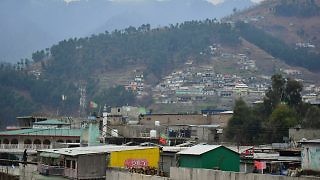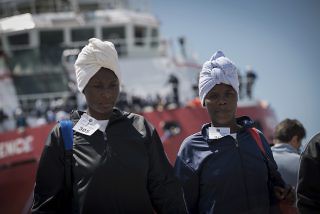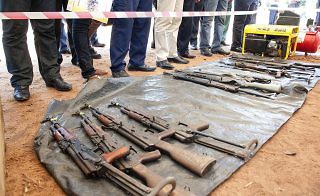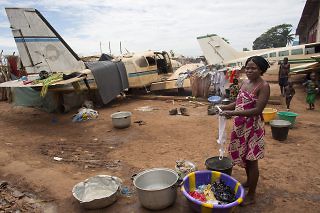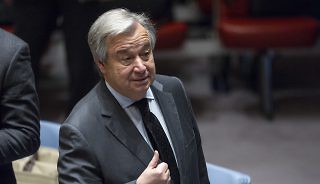Much of the diplomatic and military responses since February have been predictable and in line with historical trends. There are, however, certain factors that make the situation in Kashmir potentially far more volatile.
Author: Ameya Ashok Naik
-
-
It remains under-appreciated that the decision to escape, rather than participate in conflict or otherwise exploit weaknesses of governance, makes displacement a non-violent self-protection strategy.
-
Evaluations of DDR programming identify reintegration as the most challenging aspect of the process; disarmament and demobilization are seen as easier—both to implement and to monitor—precisely because they are technical tasks, carried out over a relatively short and well-defined timeline.
-
Louisa Lombard’s State of Rebellion explores the ambitious process of state-making amid the conflict in Central African Republic.
-
In Syria, the UN is confronted with an uncooperative head of state, bolstered by the support of veto-wielding members of the Security Council.
-
In advocating for his agenda of sustainable peace, Guterres may wish to emphasize the importance of the rule of law, given the damage that impunity does to trust in government, and of inclusive political systems, which provide avenues for the realization of legitimate political aspirations.
